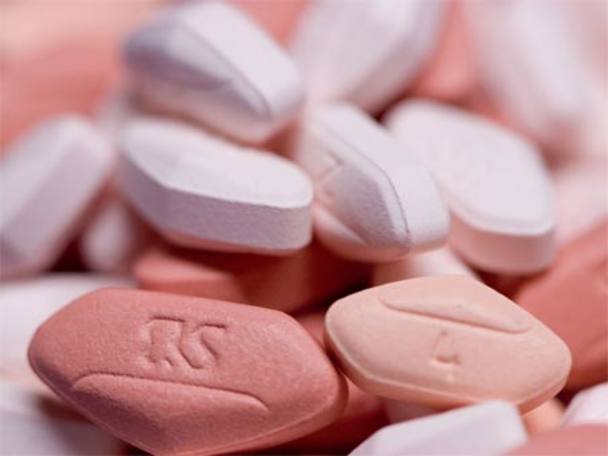News that drugs giant GlaxoSmithKline (GSK) will not sell its stake in HIV business Viiv Healthcare has, ultimately, changed the perception of the company going forward. The board said the decision reflected "an updated strong positive outlook" for the company, confirming suspicions that last year's musings were simply a last ditch attempt to drum up shareholder sentiment in reaction to a struggling share price.
As well as holding onto Viiv, chief executive Andrew Witty said £4bn in net proceeds due to be returned to investors from last year's $20bn asset-swap with Swiss rival Novartis (NOV) would be cut to just £1bn. Over the next three years, Mr Witty said investors would receive a dividend worth 80p a year - the same amount paid to shareholders for 2014 - and will hand back £1bn as a one-off cash windfall along with the 2015 full-year dividend. This will allow GSK to maintain its yield of more than 5 per cent - an important motivation for investors seeking income-stable stocks.
Despite curbing future shareholder returns, GSK is ahead of schedule with its cost-saving plan. By the end of 2016, the group should have clawed back more than 50 per cent of £1bn in planned cost savings a year earlier than planned. The entire programme should be done and dusted by end of 2017 – two years ahead of the original 2019 deadline. By the end of 2017, GSK hopes to have recouped £3bn through cost-cutting and restructuring initiatives.
Some of these changes can be put down to the arrival of new chairman Sir Philip Hampton. Despite pledging his support for Andrew Witty and the rest of the management team, he's acknowledged GSK's lacklustre performance over the last year. It's fair to say that speculation mounted over Mr Witty's future at the group after an 8 per cent drop in the share price year-on-year, against a general upsurge in the pharmaceutical sector. Mr Hampton - the outgoing chairman of Royal Bank of Scotland - replaced Sir Christopher Gent last week.
Another reason for the group to hold onto spare cash is the imminent introduction of a generic copy of its asthma inhaler Advair in the US. That said, it's worth acknowledging GSK's track record for generous shareholder returns. Since 2001, £63bn has been handed back to shareholders through dividends and share buybacks versus the current £70bn market cap. But sales have been under pressure for the last year or more, and the group will have to pay a record £300m fine to authorities following the Chinese bribery scandal. It's believed GSK's operations in China have been completely overhauled in light of last year's revelations.
Where the group goes from here, operationally speaking, is the question in most investors' minds. Mr Witty is betting on price pressures increasing in the prescription drugs market - specifically in the US and Europe because of budgetary constraints and an ageing population. Unlike his competitors, he believes expensive, "specialty" drugs are not the way forward. This a contrarian view in light of the sector's surge in enthusiasm for drug discoveries and advanced technologies.
Instead, he thinks GSK and its shareholders will be best served by shifting the business towards high-volume, steady-growth markets such as vaccines and consumer health. In the first quarter, GSK's vaccine sales jumped 10 per cent while its consumer healthcare division boosted product sales by nearly a quarter. This was largely offset by a 7 per cent drop in pharmaceutical sales which resulted in flat group sales of £5.6bn at constant currency and a 16 per cent decline in EPS to 17.3p. Nevertheless, Mr Witty says this business model is "better equipped" to deal with rising demand from emerging markets.
But some City analysts have voiced concern over GSK's ability to offset falling sales of its respiratory products - especially as the group's newer "next-generation" products have failed to sell well. Others are still questioning whether Mr Witty will be given enough time to see any changes through at all.
So far this year, more than $180bn has been spent on pharma M&A deals - many of which have sealed large premiums for existing shareholders. But Mr Witty is adamant that GSK won't follow suit.










